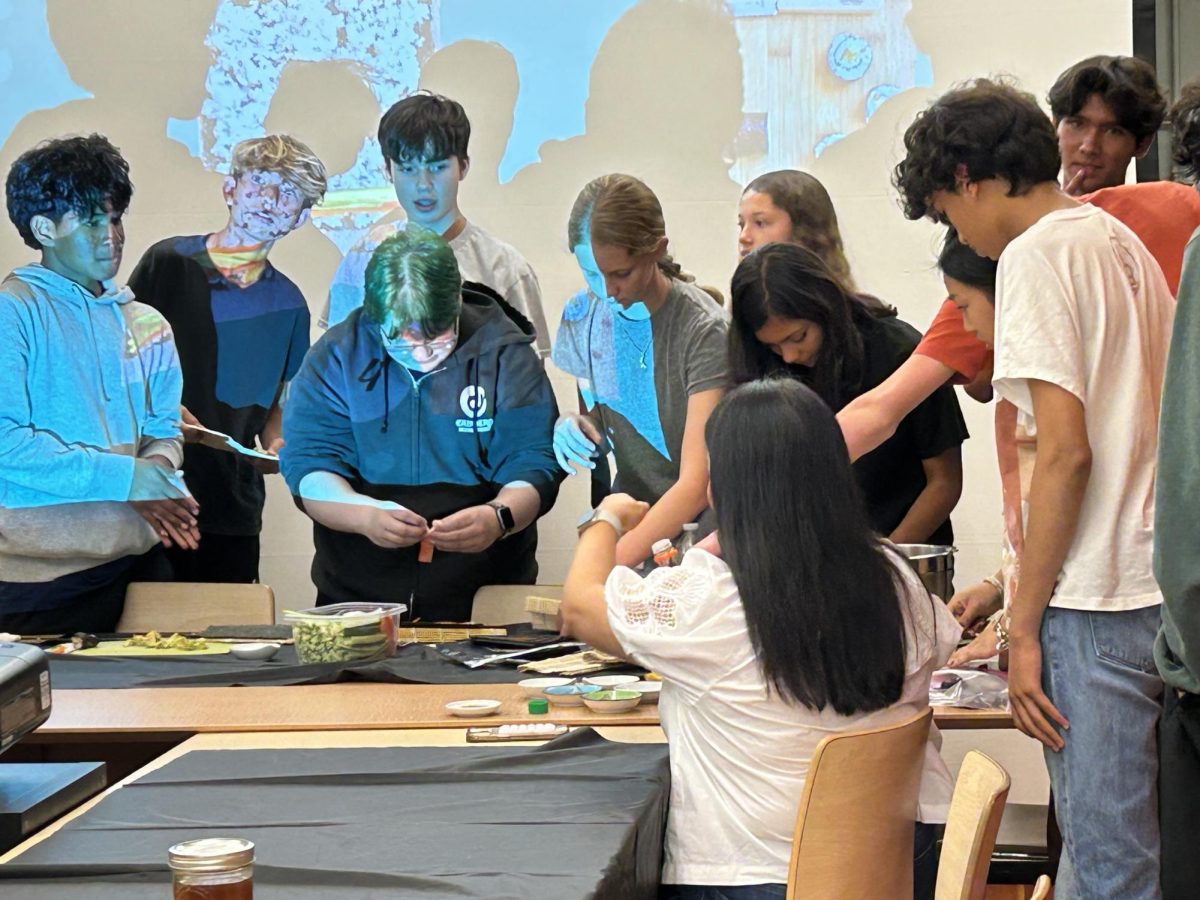This article appeared in the Fall 2023 magazine, Growing Up.
Growing up, kids often act the way associated with their gender. According to the parenting website Pregnancy, Birth, and Baby: “They may start choosing certain toys, colors, and clothes that traditionally have been associated more with their assigned sex. For example, boys may play together with trucks and girls may play together with dolls.” Though, for some kids, it was different. For junior Jonah Max Dujmovic, they did not fit in with their gender associations.
“I never really felt like I belonged in a group of girls or really in a group of guys,” Dujmovic said. “It was just like something is not right. I felt like I wasn’t a girl when I was around 11, and it took me probably until I was like 13 to really sort of figure out what that meant for me and realize that I actually did want to transition.”
To transition from female to male, Dujmovic had to make appointments and deal with long waiting list periods.
“It’s really hard to be on waitlists for something that is really important to you,” Dujmovic said. “I was waitlisted for nine months. There were multiple rounds of waitlists because there are different appointments you have to go through before you can get the prescription.”
Accepting and loving parents play a big part in their child’s transition, and how they act in these situations matters. According to the Movement Advancement Program, a think tank that provides insight and research for spreading equality, those loved and supported by their families can thrive through their transition.
“My mom is a really big supporter…there was a big learning curve with figuring out how to refer to me and how to be a really supportive person because there is stuff that you really have to learn,” Dujmovic said. “But she is so awesome and so supportive. I have some really good friends who have stuck with me, and they support me no matter what.”
Friendships are a big part of growing up, and no matter what, some of them are going to be difficult, but sometimes even more when you are transitioning.
“I’m kind of surprised at how differently people see me, sort of when I tell them that I’m on testosterone,” Dujmovic said. “It’s kind of disheartening. I feel like I was taken a lot less seriously before I was able to access hormone therapy. Because I’m literally the same guy, and I’ve been the same guy. It’s just that now I’m able to take this medicine, and I feel like I shouldn’t really change how much people see me because it’s really about how I see myself.”








